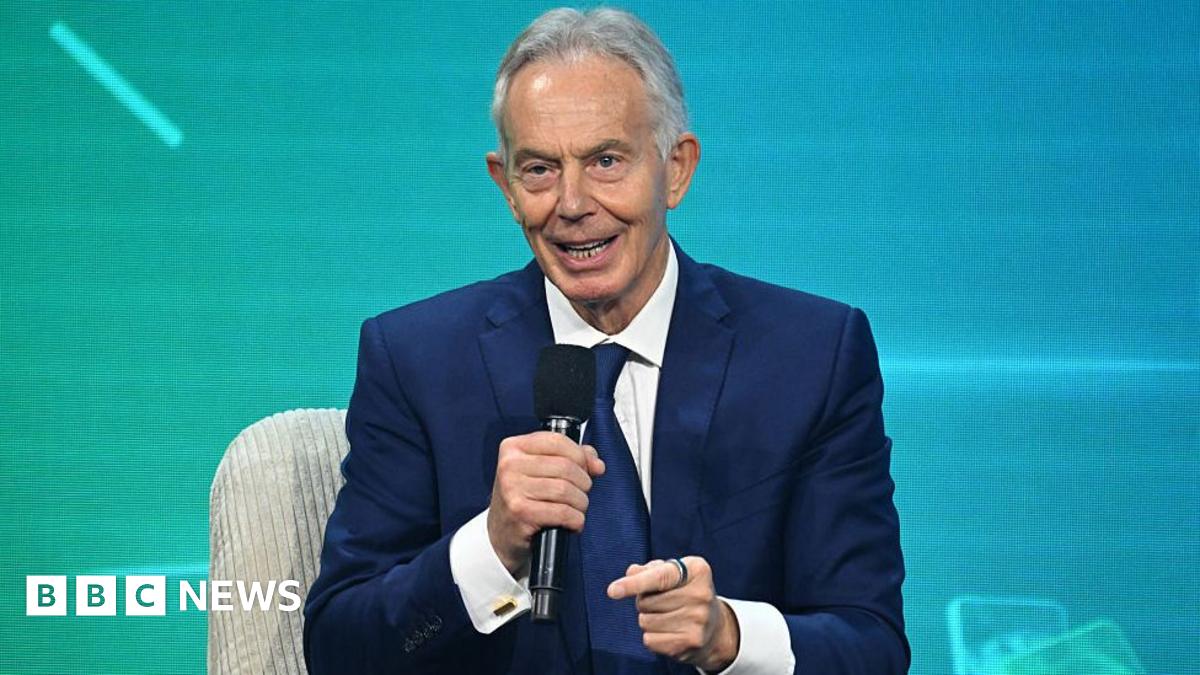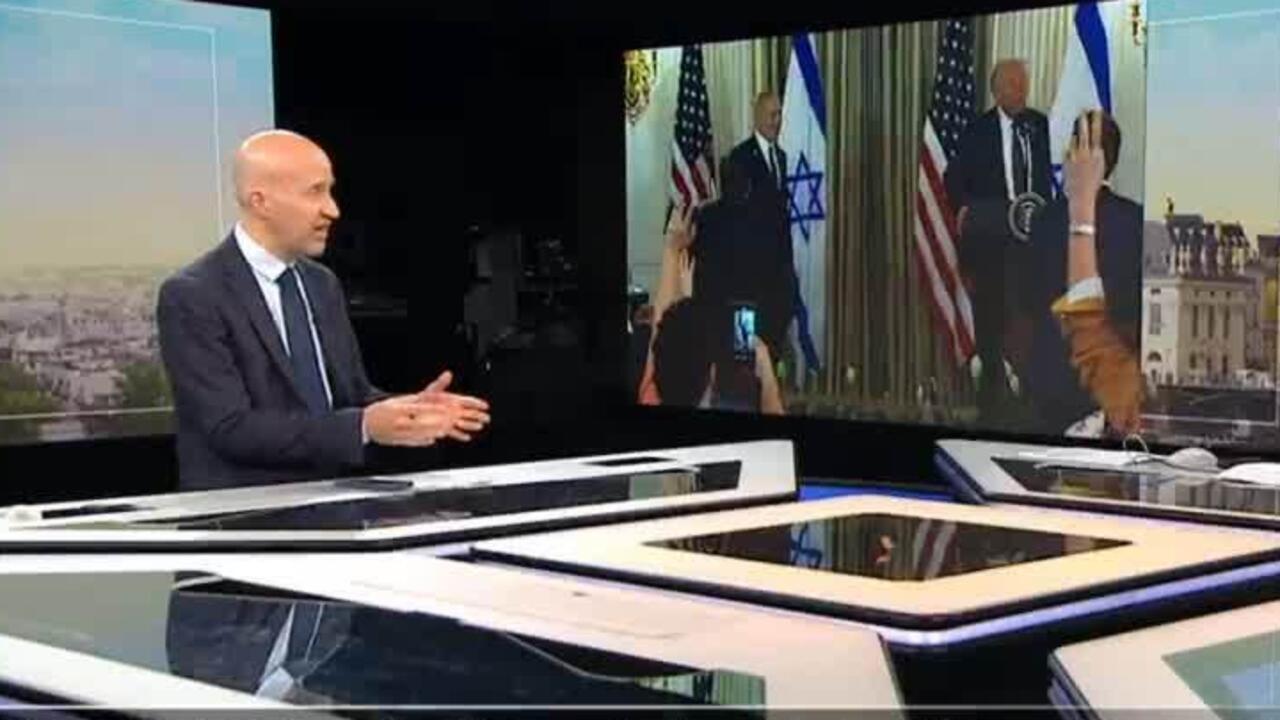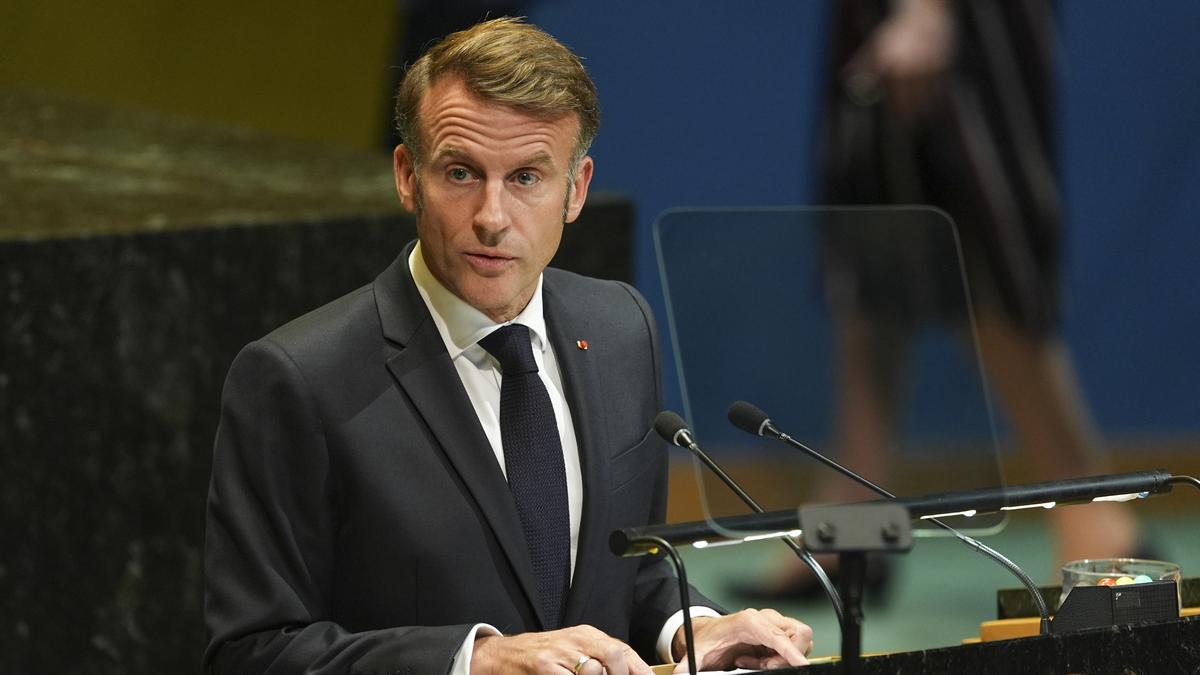Trump's Plan for Gaza: A Potential Role for the Palestinian Authority Amidst Challenges
Donald Trump has proposed a plan to end the Gaza war, potentially offering a future role for the Palestinian Authority (PA). This plan, however, requires the PA to undertake significant reforms and navigate numerous obstacles, including opposition from Hamas and concerns over its implementation.
The Trump Plan and the PA's Potential Role
Trump's 20-point plan outlines a path for the PA to potentially govern Gaza again, contingent on completing difficult reforms. The plan involves a transitional, apolitical Palestinian committee overseen by an international body, chaired by Trump, until the PA fulfills the required reforms, which include demands from his 2020 peace plan. The plan also envisions an international stabilization force to train and support vetted Palestinian police in conjunction with Jordan and Egypt.
Palestinian Perspectives and Challenges
Ghassan Khatib, a professor at Birzeit University and former PA minister, believes the plan presents only "a theoretical possibility" for the PA's return to Gaza, riddled with "many minefields and conditions." He stated that the plan is detrimental to both the PA and Palestinian political aspirations, hindering the unification of the West Bank and Gaza. One specific obstacle is the demand that Palestinian leaders recognize Israel "as the Jewish state," which analyst Hani al-Masri deems impossible for the PA to accept.
International Involvement and PA Reforms
The PA, despite its struggles, is recognized internationally by entities like the U.N., European Union, and Arab League as the legitimate representative of the Palestinian people. The PA has committed to developing school curricula to conform with U.N. standards and has taken steps to address financial concerns, such as abolishing a law governing payments to families of Palestinians killed or jailed by Israel, now providing support through a social welfare fund.
Regional and International Support
Saudi Arabia pledged $90 million to support PA finances, demonstrating backing for the PA's role in a transitional Gaza administration. The UAE urged Netanyahu to accept the Gaza peace proposal and abandon annexation plans for the West Bank, while Qatar reportedly informed the U.S. that it could persuade Hamas to disarm and accept Trump's peace plan. This regional support is crucial to the plan's potential success.
Ambiguity and Future Outlook
Jeremy Bowen, International Editor, notes that while Trump's plan has momentum due to support from leading Arab and Islamic countries, including Jordan, Egypt, Qatar, and Saudi Arabia, its weakness lies in the lack of detail. The framework's ambiguity allows for conflicting interpretations, potentially hindering progress towards a lasting resolution of the Israeli-Palestinian conflict. Trump's plan suggests that Palestinian statehood may be achievable "while Gaza re-development advances and when the PA reform program is faithfully carried out," but its success depends on the PA's ability to navigate complex political challenges and secure regional cooperation.
| Key Player | Stance/Role |
|---|---|
| Palestinian Authority (PA) | Potential governing role in Gaza, contingent on reforms. |
| Donald Trump | Proposed peace plan with conditions for the PA's return to Gaza. |
| Hamas | Rival organization in Gaza, yet to declare its position. |
| Saudi Arabia | Pledged financial support to the PA. |
| Qatar | Reportedly willing to persuade Hamas to disarm. |
| UAE | Urging Netanyahu to accept the peace proposal. |
 Visit the website
Visit the website







